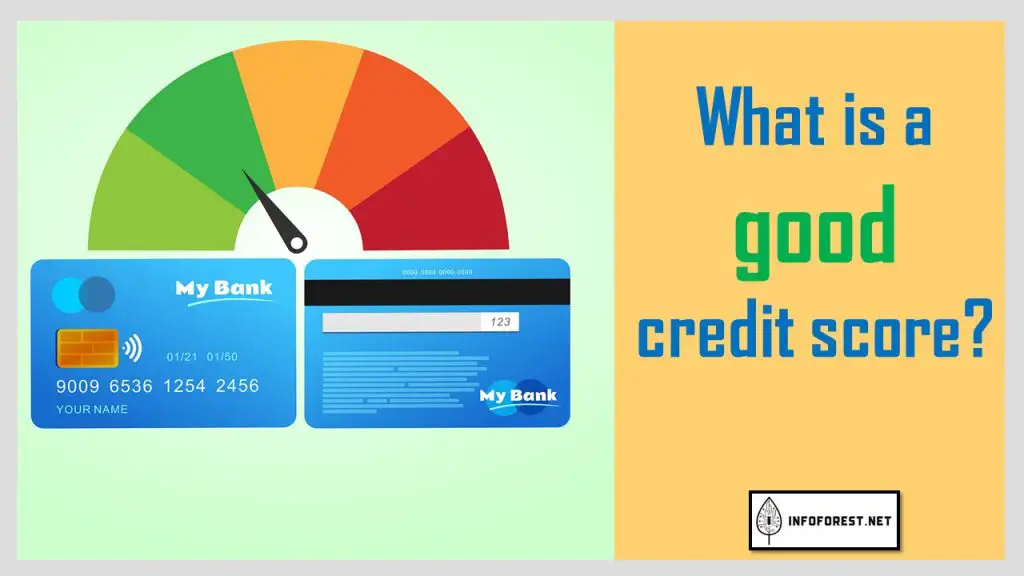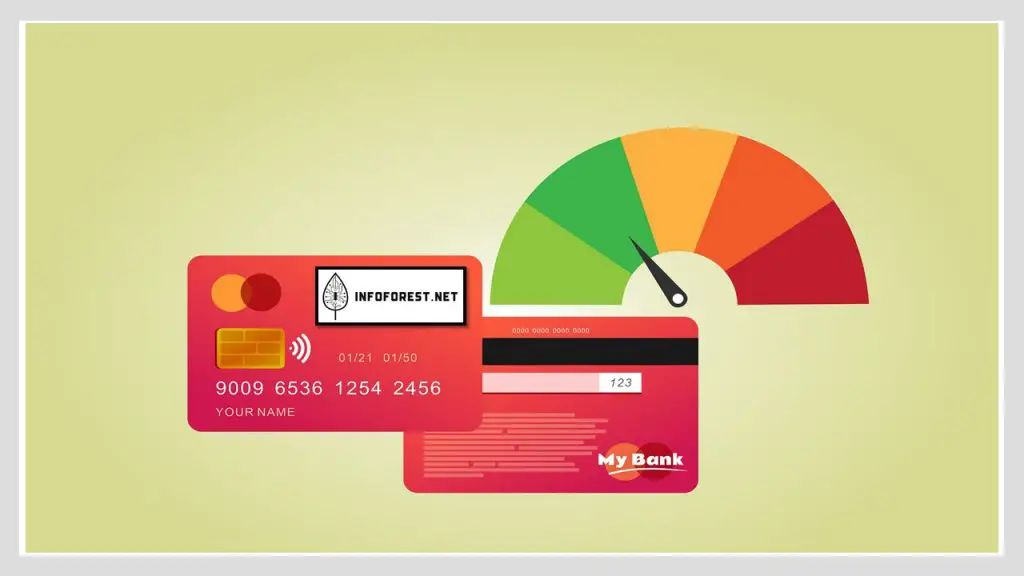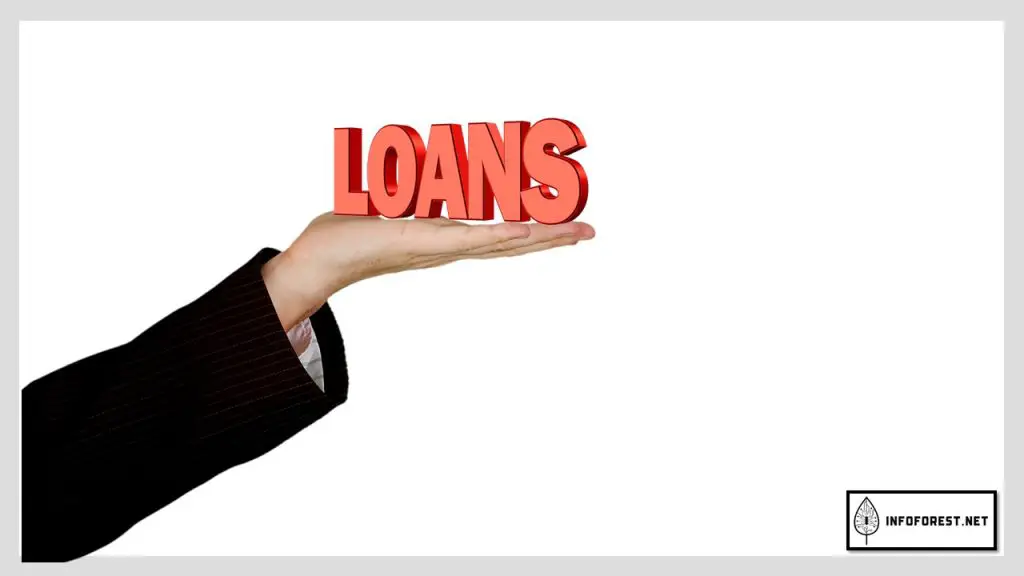
A good credit score is generally considered to be 700 or above. However, the specific definition of a “good” credit score can vary depending on the individual or company evaluating it. Some lenders may consider a credit score of 680 or higher to be good, while others may have a higher threshold. In general, a higher credit score indicates to lenders that you are at a lower credit risk, which can make it easier to get approved for loans and credit cards and may result in more favorable interest rates and terms.
Credit score
A credit score is a numerical representation of your creditworthiness. It is a measure of how likely you are to pay back a loan or credit card debt on time and in full. Credit scores are typically used by lenders, credit card companies, and landlords to determine whether to extend credit or approve a loan application.

Credit scores are calculated based on information in your credit report, which is a record of your credit history. Credit reports typically include information about your credit accounts, including credit card accounts, loans, and other forms of credit, as well as information about your payment history, outstanding balances, and credit limits. Credit scores are typically based on a combination of factors, including your payment history, the amount of credit you have used, the length of your credit history, and the types of credit you have.
There are several different credit scoring models in use, but the most widely used model in the United States is the FICO score, which was developed by the Fair Isaac Corporation. FICO scores range from 300 to 850, with higher scores indicating a lower credit risk.
Good credit score
A good credit score is generally considered to be 700 or above. However, the specific definition of a “good” credit score can vary depending on the individual or company evaluating it. Some lenders may consider a credit score of 680 or higher to be good, while others may have a higher threshold. In general, a higher credit score indicates to lenders that you are a lower credit risk, which can make it easier to get approved for loans and credit cards and may result in more favorable interest rates and terms.
A credit score is a numerical representation of your creditworthiness. It is a measure of how likely you are to pay back a loan or credit card debt on time and in full. Credit scores are typically used by lenders, credit card companies, and landlords to determine whether to extend credit or approve a loan application.
Credit scores are calculated based on information in your credit report, which is a record of your credit history. Credit reports typically include information about your credit accounts, including credit card accounts, loans, and other forms of credit, as well as information about your payment history, outstanding balances, and credit limits. Credit scores are typically based on a combination of factors, including your payment history, the amount of credit you have used, the length of your credit history, and the types of credit you have.

There are several different credit scoring models in use, but the most widely used model in the United States is the FICO score, which was developed by the Fair Isaac Corporation. FICO scores range from 300 to 850, with higher scores indicating a lower credit risk.
Having a good credit score can be beneficial in a number of ways. For one, it can make it easier to get approved for loans and credit cards. Lenders are more likely to extend credit to individuals with good credit scores because they are seen as a lower risk. This can be especially important when it comes to large loans, such as a mortgage or auto loan, where a higher credit score may be required to get the most favorable terms.
In addition, having a good credit score can also help you save money. Individuals with good credit scores often qualify for lower interest rates on loans and credit cards, which can save them hundreds or even thousands of dollars over the life of the loan. For example, someone with a good credit score may be able to get a mortgage with an interest rate of 3%, while someone with a lower credit score may be offered a rate of 5%. Over the life of a 30-year mortgage, the difference in interest could add up to thousands of dollars.

There are a number of ways to build and maintain a good CS. One of the most important is to pay your bills on time. Late payments can have a negative impact on your CS and may be reported to the credit bureaus. It’s also important to use credit responsibly and not to overextend yourself by taking on too much debt. Finally, it can be helpful to review your credit report regularly to ensure that the information it contains is accurate.
Examples
here are five numerical examples of how having a good credit score can be beneficial:
- You have a credit score of 720 and want to take out a 30-year mortgage for $300,000. A lender offers you an interest rate of 3.5%. As a result, your monthly mortgage payments will be approximately $1,347, and you will pay a total of $481,820 in interest over the life of the loan.
- You have a credit score of 740 and want to take out a 15-year mortgage for $200,000. A lender offers you an interest rate of 3%. As a result, your monthly mortgage payments will be approximately $1,399, and you will pay a total of $203,902 in interest over the life of the loan.
- You have a credit score of 700 and want to take out a 5-year auto loan for $30,000. A lender offers you an interest rate of 4%. As a result, your monthly loan payments will be approximately $575, and you will pay a total of $6,798 in interest over the life of the loan.
- You have a credit score of 680 and want to take out a 3-year personal loan for $10,000. A lender offers you an interest rate of 7%. As a result, your monthly loan payments will be approximately $327, and you will pay a total of $1,181 in interest over the life of the loan.
- You have a credit score of 750 and want to open a credit card with a $5,000 limit and a 15% APR. If you charge $500 per month to your credit card and pay off your balance in full each month, you will pay no interest on your purchases. If you had a lower score and were offered a higher APR, you could end up paying hundreds or even thousands of dollars in interest over time.
Comparison Table
here is a table that shows how a person’s credit score can affect the interest rates they are offered on different types of loans:
| Credit Score | Mortgage Interest Rate | Auto Loan Interest Rate | Personal Loan Interest Rate | Credit Card APR |
|---|---|---|---|---|
| 700 | 3.5% | 4% | 7% | 15% |
| 720 | 3.25% | 3.75% | 6.5% | 14% |
| 740 | 3% | 3.5% | 6% | 13% |
| 750 | 2.75% | 3.25% | 5.5% | 12% |
| 760 | 2.5% | 3% | 5% | 11% |
As you can see, a higher CS can result in lower interest rates on loans and credit cards, which can save you hundreds or even thousands of dollars over the life of the loan. It’s important to note that these are just estimates and that actual interest rates may vary based on a variety of factors, including the lender, the loan type, and your personal financial circumstances.
Most Viewed Articles
Conclusion
In conclusion, having a good credit score is important because it can make it easier to get approved for loans and credit cards and may result in more favorable interest rates and terms. A good credit score is generally considered to be 700 or above, but the specific definition can vary depending on the individual or company evaluating it. Credit scores are based on information in your credit report, which is a record of your credit history and includes information about your credit accounts, payment history, and outstanding balances. There are several different credit scoring models in use, but the most widely used model in the United States is the FICO score. To build and maintain a good credit score, it’s important to pay your bills on time, use credit responsibly, and review your credit report regularly.
We also invite you not to miss our other popular articles such as:
Difference between left and right Twix–Difference Between Eastern Time Zone and Central Time Zone–Difference Between Capitalism and Communism– Difference Between EST and EDT–How many weeks in a Year– Difference Between Evening and Afternoon – Democrat vs Republican – Kilometer vs Mile – How to get rid of hiccups What does TBH mean – What does NSFW mean – What does IG mean–What does CAP mean– What is normal blood pressure –What is the rarest blood type and Difference Between Zip Code and Postal Code






